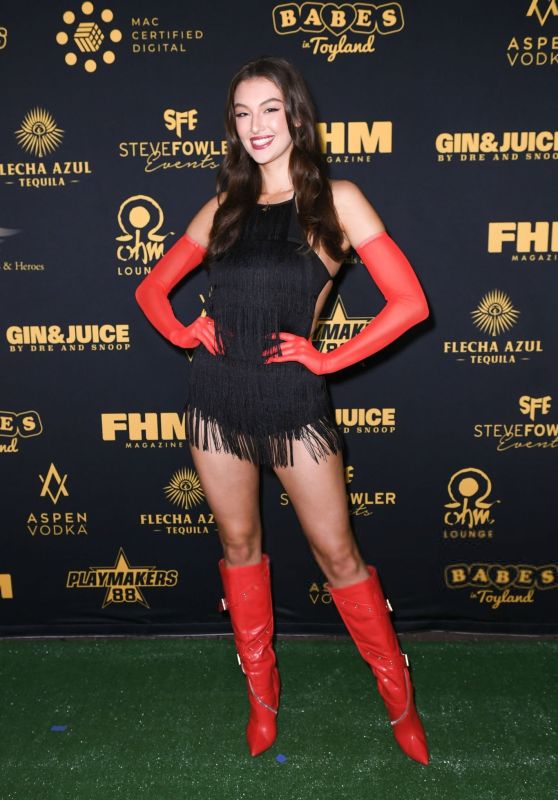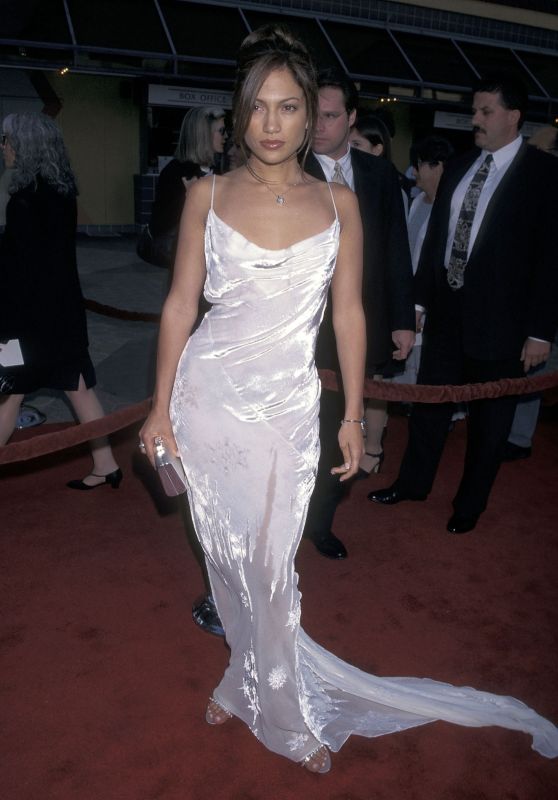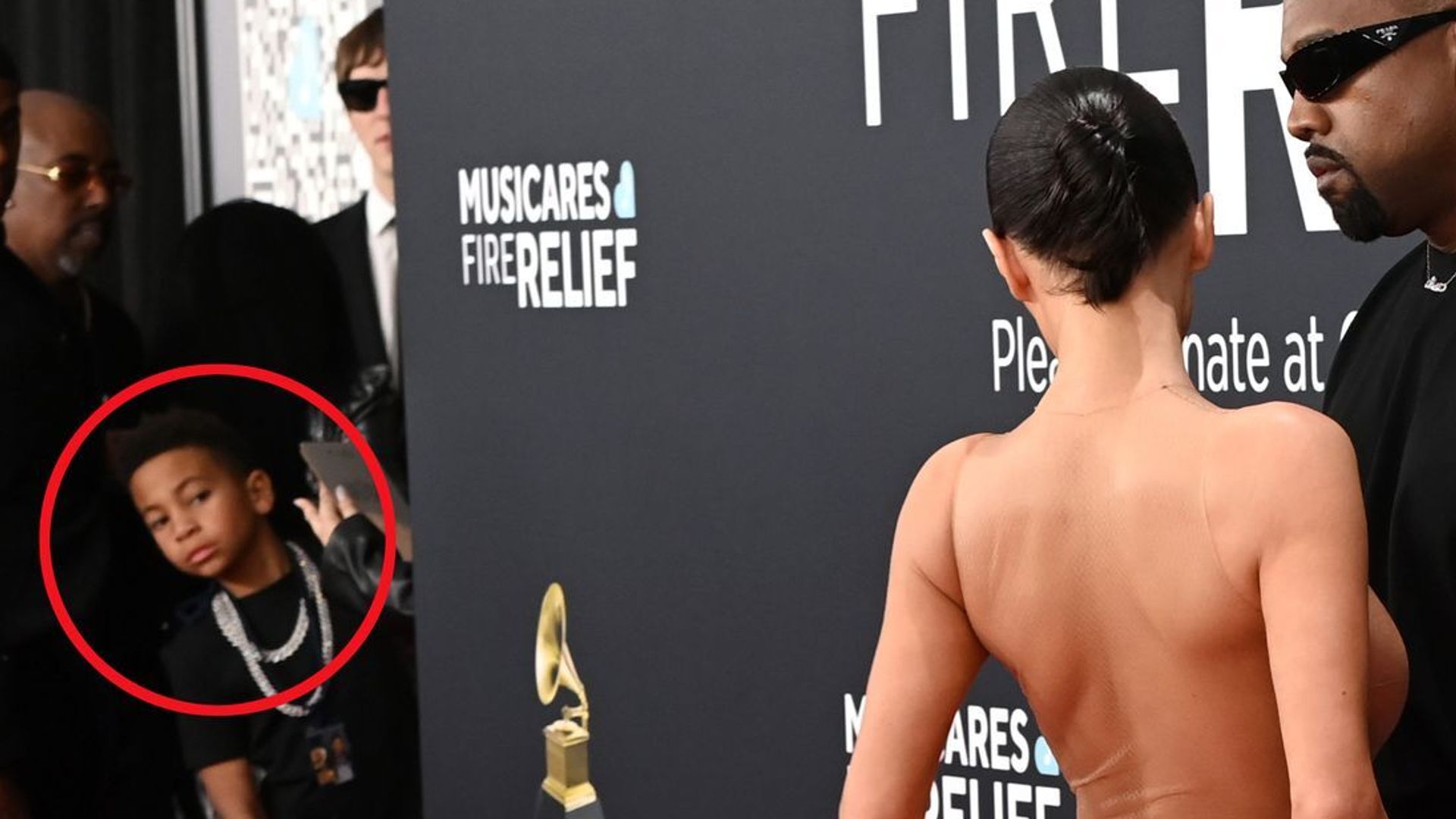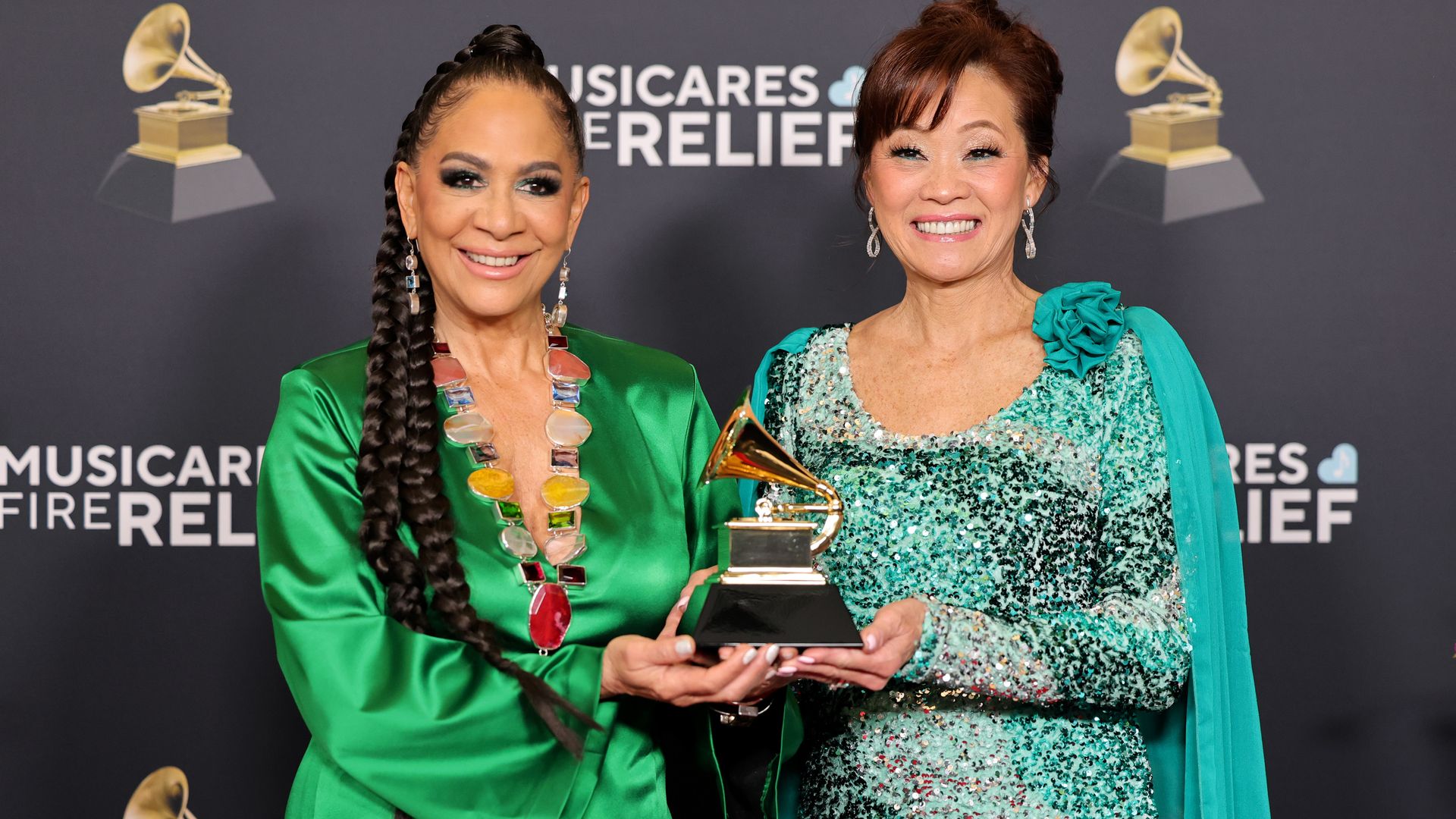AI has become a bit of a boogeyman in film discussions, as many have grown concerned over its impact on the movie industry and the potential for generative AI to supplant real human art. However, not all AI is generative, and machine learning technology has quickly become a vital tool for many filmmakers to realize their visions.
At the IndieWire Studio at Sundance on January 24, Dropbox held a panel conversation called “How Technology Widens Our Storytelling Lens,” to discuss how technology and AI can unlock new ways to tell stories for filmmakers. Moderator Effie Brown spoke to the teams behind “Move Ya Body: The Birth of House” and “Luz,” both of which premiered at the Park City, Utah film festival. In attendance were Elegance Bratton and Chester Algernal Gordon, director and producer of “Move Ya Body,” as well as Flora Lau and Yvette Tang, director and producer of “Luz.”


“Move Ya Body,” Bratton’s third feature film, is a documentary tracing the origins of the House music genre from the 1979 Disco Demolition Night to its breakout as a mainstream genre in the late ’80s, focusing especially on early pioneer of the genre Vince Lawrence. Speaking about the process of getting the film made, Bratton said that he used AI as a way to analyze his script to determine key themes, distilling it down in a way that was easily presentable to financiers and studios he pitched the very personal work too.
“It helps me also understand, take an objective distance from what I’m working on as well,” Bratton said. “Cause it’s just this machine that’s telling me what it takes on. Sometimes you hear it from a person and your guard goes up. There’s a kind of detachment from it that allows me to step back a bit and see it objectively.”
Speaking about the concerns many have for how AI has steadily grown in importance in the film industry, Bratton said he understands the fears of naysayers, and said that all technology needs to be approached with some concern and wariness. However, he said that as long as tech and AI can be used as a tool instead of as a replacement for human workers, it opens up avenues to improve the filmmaking process.
“I don’t think a computer can do what I can do,” Bratton said. “And because of that, I know that a computer can help me do what I do better.”
Lau agreed with Bratton’s point, bringing up how previous disruptive technology has been treated with suspicion in the past. She said, however, discussions need to be had about the ethical use of AI as it becomes more widely adopted in filmmaking circles.
“The tool itself is neither a positive or negative thing, it’s neutral, so it depends on how we use it,” Lau said. “The more people who are involved in discussing how that should grow, the better it will be.”
The story of two people living in Chongqing who form a connection in a VR space, “Luz” extensively uses real virtual reality tech in its storytelling. Speaking about how they incorporated the technology into the film, Tang called the process extremely challenging, as they had to work on creating game designs, environment designs, and character designs for each sequence. After a year or so of working on this aspect of the film, Lau eventually grew dissatisfied with their current work and said to “burn it all,” starting work on the VR sequences from scratch.
“It was a good thing. Everything is for the better,” Tang. “Because we go back to something that is simpler, purer. And if you have a chance to watch the film later on, you’ll see [Lau] used a very grounded and down-to-earth style to express the VR world that actually reflects how in real life, reality vs virtual reality is a very, very blurred line. So that kind of resonates better with our messages.”
Watch a video with highlights from Brown’s conversation with the teams behind “Move Ya Body” and “Luz” above.












)






)
 English (US) ·
English (US) ·